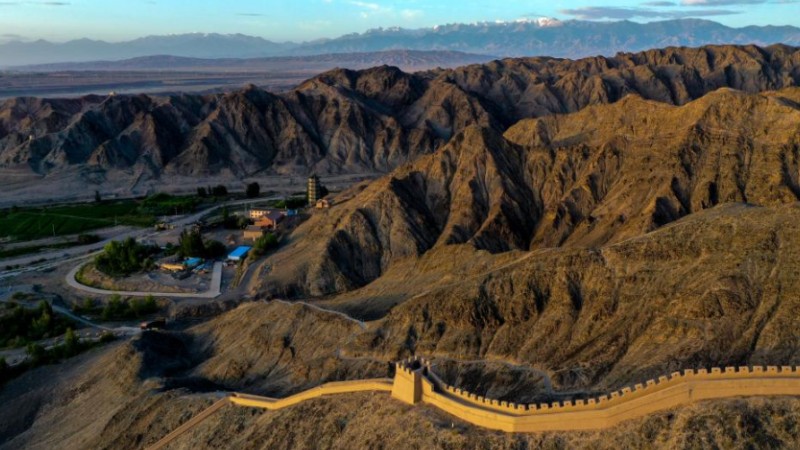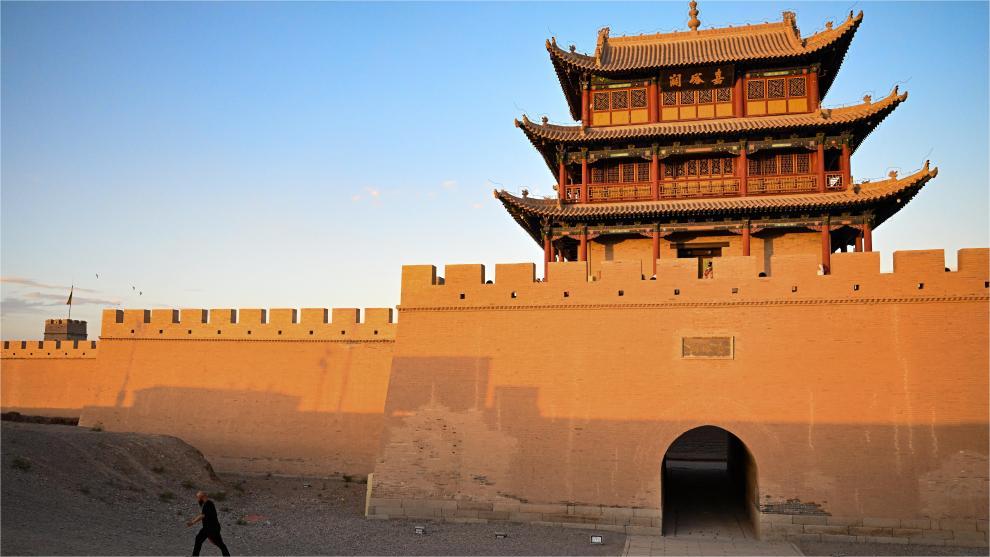Expert reveals true motives behind the Philippines' illegal actions at Ren'ai Jiao
On Dec. 10, two Philippine Coast Guard vessels, a public service ship and a supply vessel, intruded into the waters near Ren'ai Jiao of China's Nansha Qundao without the Chinese government's approval. The China Coast Guard responded by taking control measures against the Philippine vessels in accordance with the law. At 6:39 a.m., disregarding repeated stern warnings from China and in violation of the Convention on the International Regulations for Preventing Collisions at Sea, the Philippine vessel Unaiza May 1 maneuvered in an unprofessional and dangerous way. It deliberately rammed the China Coast Guard ship 21556, which was navigating for law enforcement purposes. The Philippine side is fully responsible for the collision that resulted in some scratches to both vessels.
What were the true intentions of the Philippine vessels, and what motives were behind the Philippines' actions? People's Daily Online interviewed Wu Shicun, chairman of the Huayang Center for Maritime Cooperation and Ocean Governance, to shed light on the matter.
According to Wu, the real goal of the Philippines is to permanently occupy Ren'ai Jiao through the illegally "grounded" Philippine warship. With the support of the United States, the Philippines attempted to transport construction materials for repairs and reinforcements of the "grounded" warship on a large scale, aiming to take permanent control of Ren'ai Jiao. Such moves seriously violate international law and the Declaration on the Conduct of Parties in the South China Sea signed between China and ASEAN countries.
On Dec. 10, the China Coast Guard took control measures against the Philippine vessels intruding into waters near Ren'ai Jiao. Wu believes this action is intended to warn the Philippines not to harbor any illusions that China will tolerate the infringement on China's territorial sovereignty and maritime rights and interests. If the Philippines continues its provocations and infringement, it may face stronger and more resolute countermeasures from China.
Wu said that the Philippines' choice to take risks at this time is primarily driven by three major factors. First, by hyping up the South China Sea issue, the Philippines seeks military support from the U.S. and aims to deepen the U.S.-Philippines security cooperation. Second, it seeks to attract more non-regional countries to join U.S.-Philippines-led joint maritime patrols against China. Third, it seeks to obstruct and interfere with the ongoing negotiations on the Code of Conduct in the South China Sea between China and ASEAN countries, as the Code may prohibit the Philippines' current actions, which change the status quo of the islands and reefs.
Wu believes that, in upholding its territorial sovereignty and maritime rights and interests, as well as maintaining peace and stability in the South China Sea, China will not back down or compromise. China will, as always, resolutely defend its territorial sovereignty and maritime rights and interests in the South China Sea, and maintain regional peace and stability.
Photos
Related Stories
- Philippine vessel disregards warnings, ramming into a China Coast Guard ship
- China Coast Guard: Philippine side fully responsible for collision with China Coast Guard ship
- China Coast Guard controls Philippine vessels
- China urges Philippines to stop hyping up maritime disputes
- PLA accuses US warship of illegally entering waters near Ren'ai Reef
- Philippine, Australian joint patrols heighten tensions in South China Sea: defense ministry
- Nearly 208,000 Chinese tourists visit Philippines in Jan.-Sept.
- China urges Philippines to stop deliberate, provocative actions in South China Sea
- The Philippines is acting recklessly in the South China Sea, as if intoxicated: Global Times editorial
- Beijing slams Washington's statement on Ren'ai Reef
Copyright © 2023 People's Daily Online. All Rights Reserved.









